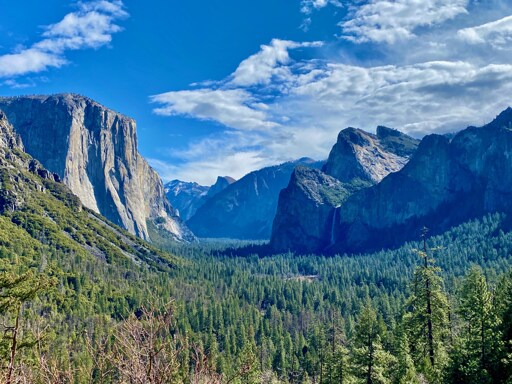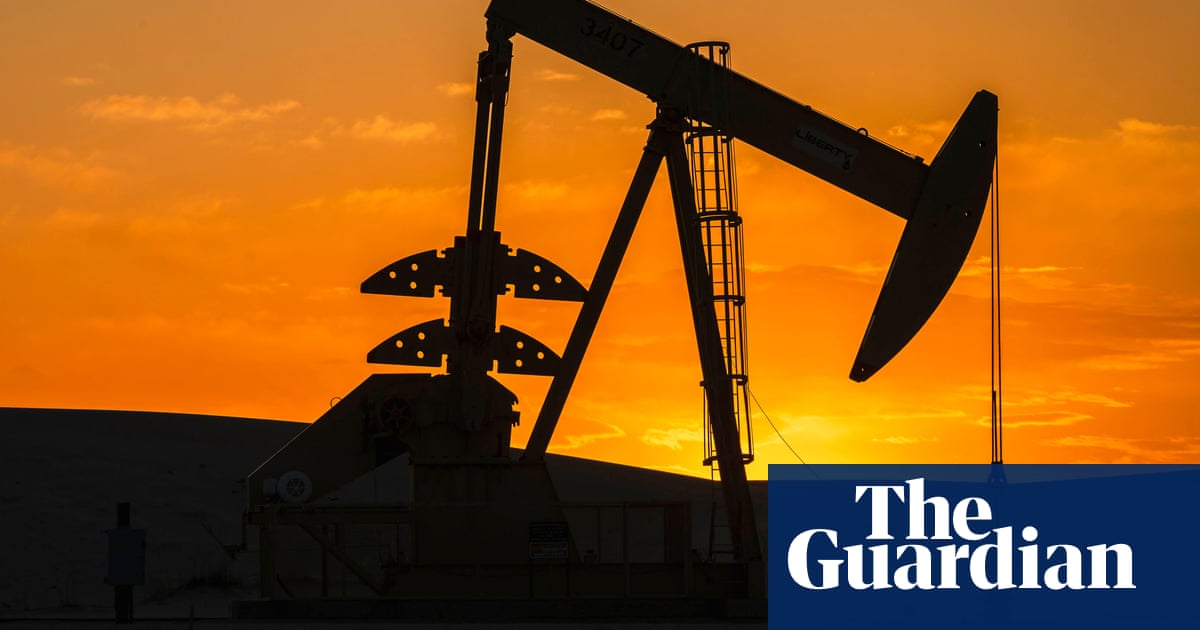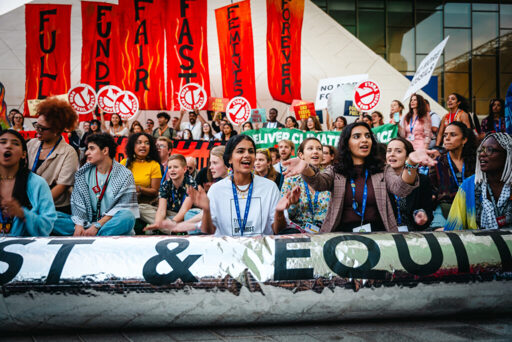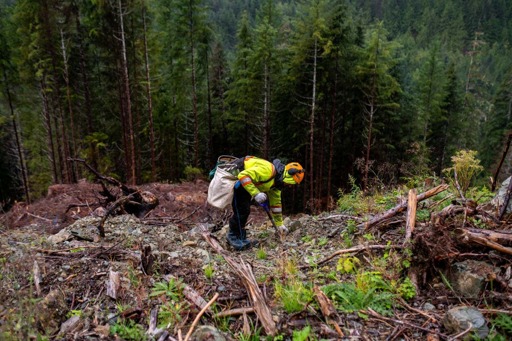My main account is here. I’m also using this one: solo@piefed.social, because I really like the feed feature.
Btw I’m a non-binary trans person [they/she/he].
- 493 Posts
- 281 Comments

 10·1 day ago
10·1 day agoJust found the following article on the same topic, and since it is a better one, I thought of adding it here:

 1·26 days ago
1·26 days agoI also think that the Israeli attacks are related to Iran’s nuclear program but I don’t think they are related to this alleged leak. Here is a 25 min long al jazeera podcast for more on this:

 22·27 days ago
22·27 days agoThank you for your input. Even tho I find this to be totally faisable, from what the cradle article provides, I cannot verify much:
- fars looks like it’s an Iranian outlet I personnaly don’t know if I can trust or not, regardless of mbfc
- the informed sources are not named
- I didn’t manage to find the documents mentionned*
Apart from that at some point it mentions that Grossi said in Times of Israel that “We have seen some reports in the press. We haven’t had any official communication about this.”, but it is about Iran stealing Israeli documents.
Anyways, if you or anyone has more on this, please share.
Edit: *I mean deducted, or something

I have noticed that The Conversation has articles that I consider to be great and others that I find to be the opposite. Unfortunately, for me, this one is in the later category.
In this one, mainly they talk about how the technologies will work, about money and the urgency to use this tech. The real urgency is to start phasing out fossil fuel globally. Also, they don’t talk about the unintended consequences, the too many known unknowns, and let’s keep in mind there are uncountable unknown unknowns in geoengineering.
More info:

 1·1 month ago
1·1 month agoCoincidentaly, I also posted this article but after reading it a second time, I decided to delete it because I found it was very problematic since it says very contradictory things. If I misunderstood something, please point it out to me.
Examples of contradictions:
Over 99% of the almost 1.89m tCO2e estimated […] is attributed to Israel’s aerial bombardment and ground invasion of Gaza.
[…] 50% [of CO2e emissions] were generated by the supply and use of weapons, tanks and other ordnance by the Israeli military (IDF), the study found.
- And there is this graph claiming that most emissions by sector come from Gaza aid delivery (trucks).

 291·1 month ago
291·1 month agoI would say, it’s much longer than 40 years.
This is what the United Nations, use as starting point:
Palestine was among former Ottoman territories placed under UK administration by the League of Nations in 1922. All of these territories eventually became fully independent States, except Palestine, […]

Sorry, but what are you talking about? Who is he? What jets?
Maybe take a look at the article?

Yes, I see many parallels between your example and Suriname’s. And I don’t see how the people can benefit from this drilling. Even if he keeps his “vow” to give some money to the people, the local environmental devastation will be too vast for a country that is quite small. Meaning, I cannot see a scenario in which people would actually benefit from the drilling activities.

I think the rest of the article (just below the graph you added) gives a decent overvue on how the situation is, and includes some equaly decent projections. It looks like there is a possibility that they have peaked, and will plateau or hopefully will diminish emittions. Still, no certainty that this is a trend, or that it will continue.
And June is a month to keep an eye out to see how its new electricity pricing policy for renewable energy will be.

Economic growth makes us all better,
No. Economic growth under capitalism is the problem. Capitalism requires infinite growth on a finite planet, and this is what got us here in the first place. So this is not a sustainable economic system.

Let’s not forget an important factor: within the span of 30 years.
I spent too many hours yesterday trying to find the relevant info without taking this into consideration.

I totally tried and then decided to ask here.
The closest thing I managed to find was saying that 16.3% of adults worldwide have wealth of 100k to 1m, in 2023 [source: Global Wealth Report 2024 by UBS, see The global wealth pyramid at p23] but this is not what the article says.
Somebody suggested the World Inequality Database but on this topic, the results come by country and/or stats.

Thank you very much but it looks like they don’t have what I am looking for. I followed several path in More Indicators and Other Indicators but everything that comes out is by country and/or percentages and at my most hopeful moment I got:
This indicator has no data for this selection. Please select another one.
Anyways, thanks again!

I know that in the article they mentions €42,980 and I appreciate carbon brief. Still, I tried to find in the study itself how they calculated it, but somehow I didn’t manage to. This is why I asked for another link.

Do you have a decent link to corroborate that?

Do you have any decent link that supports this?
I didn’t manage to spot in the study itself, how they calculate this number. If anyone has, please share this part.

I don’t think so. I have the impression that the introduction part was talking in general, mainly because it says The amount varies by location and local wage trends, and then it talks about the US, specifically.
Appart from that, in page 23 of the Global Wealth Report 2024 by UBS in The global weath pyramyd 2023 it also says saomething similar, that 16.3% of adults have wealth in USD of 100k to 1m.

Did I get something wrong?
Edit: At the bottom of the investopedia article, they have the sources and since they only have references about the US, I believe I can safely say that I my assumption that the intro was talking about the entire world was wrong.

The calculations in the site you linked is more of a creative accounting approach for feel good purposes. Nothing serious there imo.





















What are the arguments to back these 2 sentences?